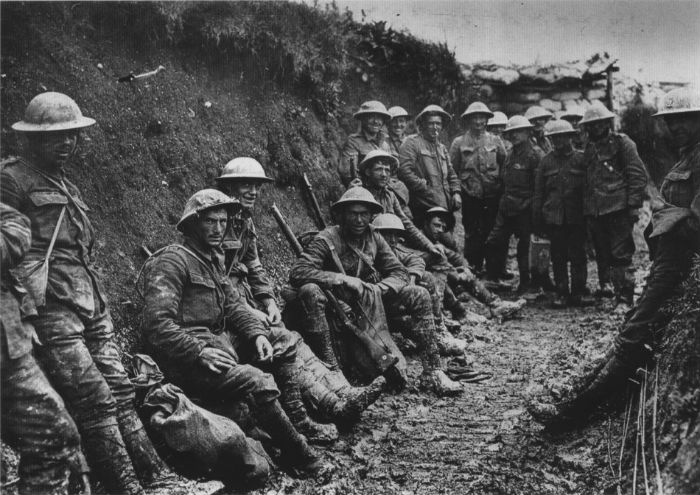Why do we remember? Why do we remember the carnage and the chaos, the battlefields and the death, the decisions to go to war and the operations required once embroiled in them? 100 years have passed. Even the survivors are dead. Why do we remember?
We remember because we should. Because we must. Because it’s the least we can do.
***
Proposed legislation currently before Parliament aims to make Remembrance Day a statutory national holiday. This legislation—a Private Member’s Bill first tabled in May of this year by NDP MP Dan Harris—easily passed second reading by a margin of 258 votes to 2 last week. Now before the Standing Committee on Canadian Heritage, it is unlikely the bill will receive much in the way of resistance from committee members. Indeed, Bill C-597 has a very good chance of moving all the way down the legislative track to Royal Assent.
No doubt Mr. Harris means well with his proposed legislation. This year, after all, marks the 100th anniversary of the beginning of the First World War. It was and remains a pivotal event in Canada’s history, as it was and remains so for many Commonwealth nations and European ones, too.
This year’s Remembrance Day is also an especially sombre one due to the tragic events than took place in Quebec, and around Parliament Hill and within Parliament itself only weeks ago. It also takes place while Canada’s Armed Forces are once again embroiled in a conflict overseas, the outcome of which is far from certain.
There is little argument against remembering the wars and those who fought in them for Canada on November 11. On the contrary, now more than ever we ought to remember the horrors of those wars and the extraordinary depths of their devastation.
It isn’t the why of remembering that’s problematic; it’s the how.
How should we remember? Is there a right way to do it? Is there a smart way to do it? Is there a way to do it that ensures the purpose of Remembrance Day is fully achieved each and every year?
Dan Harris seems to be of the mind the best way to remember is by legislatively lumping Remembrance Day in with other national holidays, like Canada Day and Christmas. Except Remembrance Day is different. Or at least it should be.
Except it isn’t in Manitoba, or in five of the other ten provinces; Remembrance Day is already observed as a holiday in those provincial jurisdictions. It’s simply a “day off” where malls and movie theatres open a little later, and buses run on a Sunday schedule. Only in Ontario, Quebec, Nova Scotia and Newfoundland and Labrador is Remembrance Day not yet designated a holiday. In those provinces, with the exception of those employed in the federal public service, everybody goes to work or to school, or about their day.
Are those people in those four provinces less able to remember than those in the remaining six (and three territories)?
Holidays, after all, are happy times for resting and relaxation. While that might explain why Manitoba Liquor and Lotteries has erected billboards across the city advertising the (shameless) fact Winnipeg’s casinos will be open on November 11—nothing says solemnity like BINGO!—it is surely antithetical to the spirit and purpose of Remembrance Day.
In Britain, Remembrance Day services are observed on the Sunday preceding November 11. On the day itself, smaller, more sombre events mark the actual day; Britons otherwise keep calm and carry on.
What if Canada were to do something similar? What if we were to take it a step further? What if Dan Harris’ proposed legislation instead spelled out precisely how the country would fall silent together for two minutes to mark the 11th hour of the 11th day of the 11th month? More importantly, rather than it be relative to each of Canada’s time zones, what if our national act of Remembrance were held at same time fixed to the 11th hour of Parliament’s Peace Tower?
Imagine: in classrooms, offices, shopping malls and even casinos, on street corners and public transport, the entire country stopping whatever it was they were doing. For two minutes, everyone coming to standstill in silent remembrance, together.
Yes, there would still have been the larger events on the Sunday preceding the day. Wreaths would still have been laid at cenotaphs across the country. But on the day itself, just silence. From coast to coast to coast.
